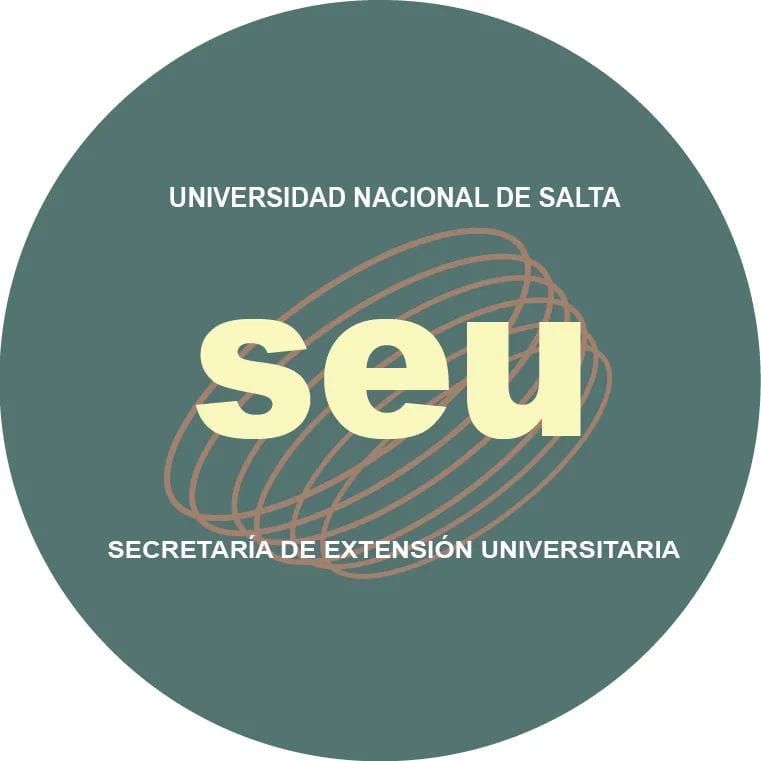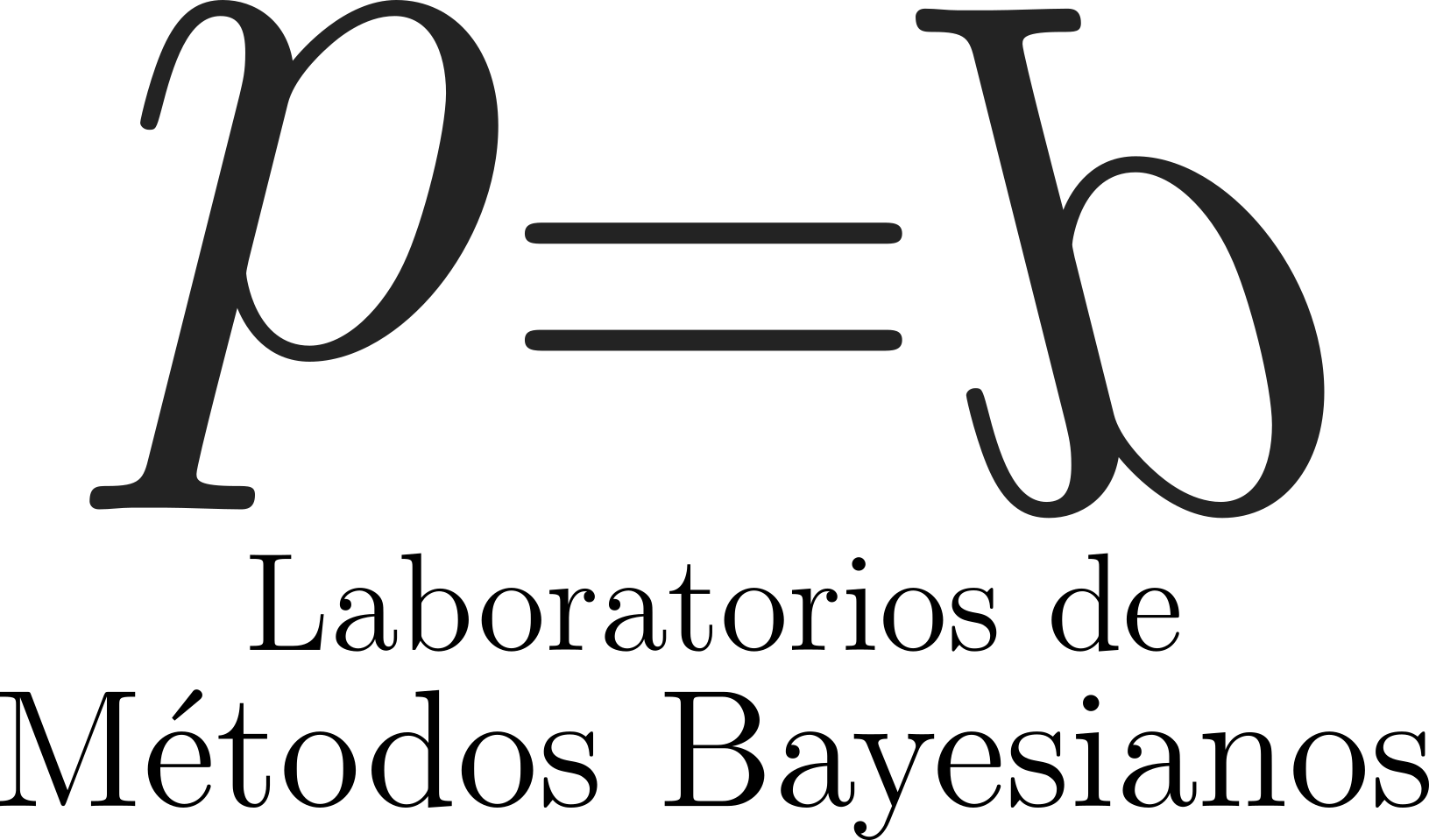


Codes of conduct in general are similar to Article 12 of the Colombian Constitution: "No one shall be subjected to enforced disappearance or to cruel, inhuman and humiliating treatment". When the original Wayúu people, who lived through 500 years of colonialism in Colombia, translated this article they wrote: No one will be able to take anyone above their heart or harm another person even if they think and speak differently.
The experience accumulated by the most diverse communities in the world has led, independently, to a universal obligation to give and receive, and to the development of technologies of reciprocity that reactivate community bonds through (festive or coercive) exchange rites.
The Bayes Plurinational event itself is a festive rite aimed at creating and recreating our bonds. That's why we do it. In community systems, conflicts are resolved by activating the three possible types of relationships: (->) the gestures, acts, or gifts that the causing party offers to the affected party; (<->) and the mutual exchange between the parties, which renews the cycle of exchanges; (<-) the help that the affected party offers to the causing party to modify the behaviors that gave rise to the conflict. Only as a last resort may the causing party be expelled, because the first right is to be part of a community.
As the last principle of Buen Vivir (in Aymara) says: Suma Churaña, Suma Katukañaz. We must know how to give and receive with joy and gratitude because life is the union of many beings and forces. See you at the next party to nourish our bonds.
This Code of Conduct has been adapted from the indigenous cosmovisions of Abya Yala and is distributed under a Creative Commons Zero license.



